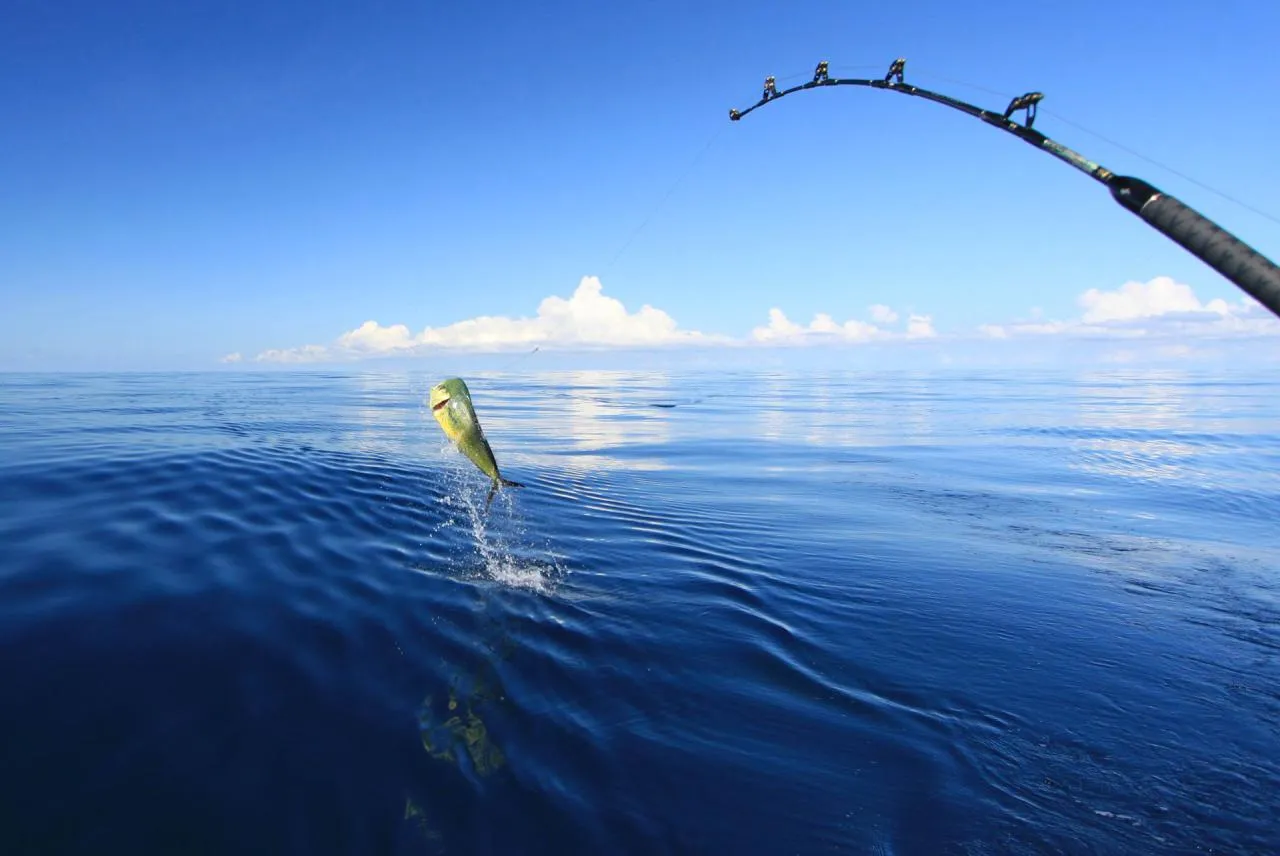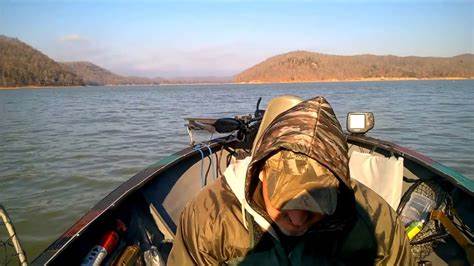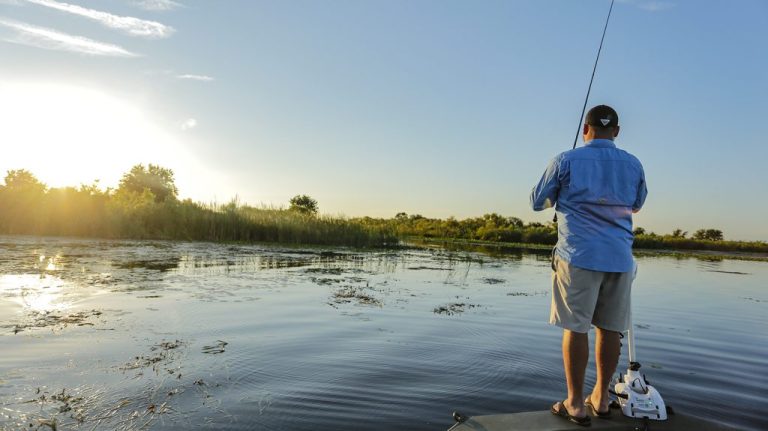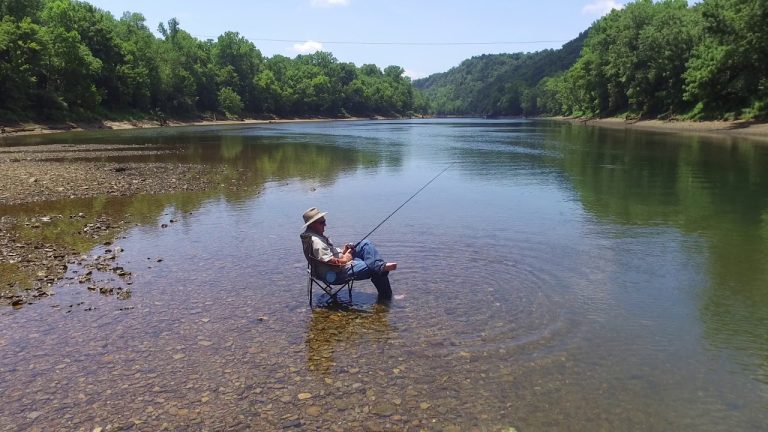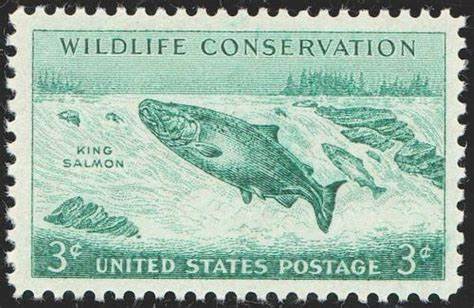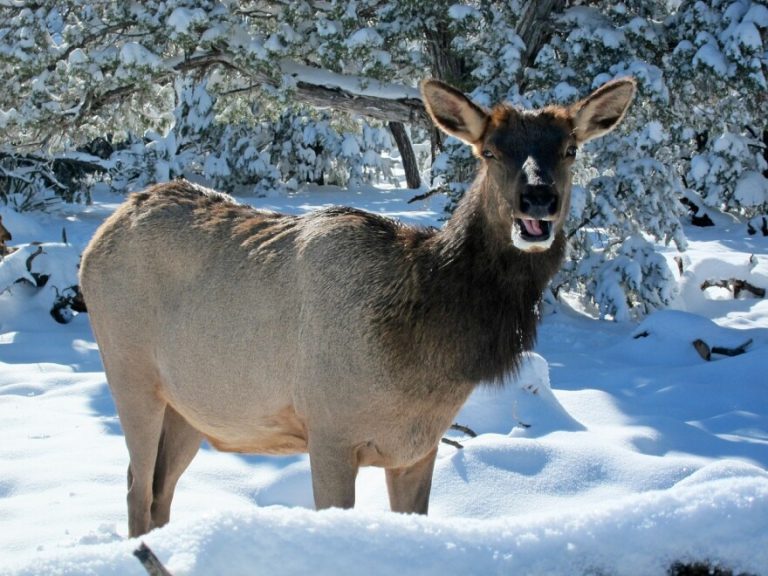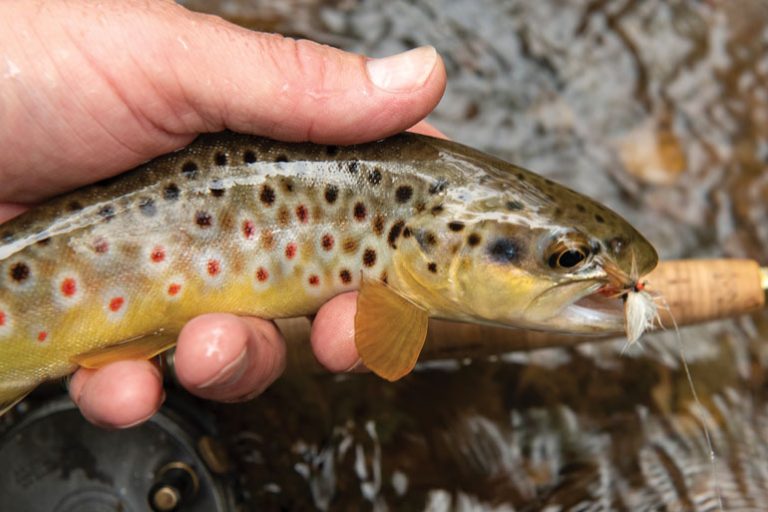Embarking on a fishing adventure across state lines can be an exhilarating experience, but it also requires careful navigation of the intricate web of fishing license regulations. Fortunately, many states have established reciprocity agreements, allowing anglers to explore new waters without the hassle of obtaining multiple licenses. In this comprehensive guide, we’ll dive deep into the world of fishing license reciprocity, with a special focus on Wyoming and its neighboring states.
In a nutshell, this article covers the following key points:
? Understanding the concept of fishing license reciprocity and its benefits for anglers.
? Exploring Wyoming’s reciprocity agreements with Utah and Montana, including specific requirements and regulations.
? Navigating reciprocity agreements in other regions, such as New England and the Mid-Atlantic states.
? Practical tips for ensuring a smooth and compliant fishing experience when taking advantage of reciprocity agreements.
? Highlighting the importance of responsible angling practices and supporting conservation efforts.
What is Fishing License Reciprocity?
Fishing license reciprocity refers to agreements between states that allow anglers with a valid fishing license from one state to fish in certain waters of another state without the need for an additional license. These agreements are designed to promote recreational fishing and facilitate cross-border angling opportunities, while still ensuring proper management and conservation of fish populations.
Reciprocity agreements vary from state to state, with some offering more extensive privileges than others. It’s essential to familiarize yourself with the specific terms and conditions of each agreement to ensure you’re in compliance with the regulations.
Wyoming’s Fishing License Reciprocity Agreements
Utah: Flaming Gorge Reservoir Reciprocity
Wyoming and Utah have a reciprocal agreement that allows anglers with a valid fishing license from either state to fish in the Flaming Gorge Reservoir, which straddles the border between the two states. However, anglers must purchase a Flaming Gorge Reservoir Reciprocal Stamp in addition to their state fishing license to take advantage of this agreement.
The Flaming Gorge Reservoir is a popular destination for anglers seeking trophy lake trout, rainbow trout, and kokanee salmon. By obtaining the reciprocal stamp, you can explore both the Wyoming and Utah portions of this scenic reservoir without the need for separate licenses.
Montana: Bordering Waters Reciprocity
According to Montana state law, anglers with a valid fishing license from a bordering state, including Wyoming, can fish in any part of a lake, reservoir, pond, river, stream, or body of water in Montana that lies within or partly within 10 miles of the state’s boundaries. This reciprocity agreement applies to both boat and bank anglers.
This agreement opens up a wealth of fishing opportunities along the shared borders between Wyoming and Montana, allowing anglers to seamlessly explore the region’s diverse waterways without the need for multiple licenses.
It’s important to note that while these reciprocity agreements provide convenience, anglers must still adhere to the specific regulations and creel limits of the state in which they are fishing.
Navigating Fishing License Reciprocity in Other Regions
Beyond Wyoming, many other states have established reciprocity agreements with their neighbors, allowing anglers to explore new fishing destinations without the need for multiple licenses. Here are a few examples:
New England States
Several New England states, including Maine, Massachusetts, Rhode Island, Connecticut, and New York, have reciprocity agreements that allow anglers with a valid saltwater fishing license from one of these states to fish in the marine waters of the others. However, it’s important to note that some states may have specific requirements or limitations, so it’s always best to check the regulations before embarking on your fishing adventure.
Virginia and Neighboring States
Virginia has reciprocal fishing license agreements with several neighboring states, including North Carolina, Maryland, and Tennessee, for specific bodies of water such as the Potomac River, Buggs Island (Kerr) Reservoir, and South Holston Reservoir. These agreements facilitate cross-border fishing opportunities and promote cooperation among the states.
Tips for Navigating Fishing License Reciprocity
To ensure a smooth and enjoyable fishing experience when taking advantage of reciprocity agreements, consider the following tips:
- Research the Regulations: Before embarking on your fishing trip, thoroughly research the regulations and reciprocity agreements of the states you plan to visit. Familiarize yourself with the specific requirements, such as the need for additional stamps or permits.
- Carry Proper Documentation: Always carry your valid fishing license and any required stamps or permits with you while fishing. Failure to do so may result in fines or other penalties.
- Respect Local Regulations: While reciprocity agreements allow you to fish in certain waters, it’s crucial to respect the local regulations and conservation efforts of the state you’re visiting. Familiarize yourself with bag limits, size restrictions, and any other specific rules that may apply.
- Consider Conservation Efforts: Many states use fishing license fees to fund conservation efforts and support the long-term sustainability of their fisheries. By purchasing the required licenses and stamps, you’re contributing to these important initiatives.
- Stay Informed: Regulations and reciprocity agreements can change over time. Stay up-to-date by regularly checking with the relevant state agencies or visiting their official websites for the latest information.
Responsible Angling and Conservation
Fishing is a beloved pastime that transcends state boundaries, and fishing license reciprocity agreements make it easier for anglers to explore new waters and create lasting memories. However, it’s crucial to remember that responsible angling practices and respect for local regulations are key to preserving our natural resources for generations to come.
By adhering to bag limits, size restrictions, and fishing seasons, you’re playing an active role in maintaining sustainable fish populations and healthy ecosystems. Additionally, by purchasing the required licenses and stamps, you’re contributing to vital conservation efforts, habitat restoration projects, and public access initiatives.
As you navigate the waters of Wyoming and beyond, embrace the opportunity to not only enjoy the thrill of the catch but also to be a steward of the environment. By practicing responsible angling and supporting conservation efforts, you can ensure that the joy of fishing remains accessible for years to come.
Conclusion
Fishing license reciprocity agreements open up a world of possibilities for anglers seeking new adventures and experiences. By understanding and adhering to these agreements, you can navigate the waters of Wyoming and beyond with confidence, ensuring a seamless and enjoyable fishing experience.
Remember, responsible angling practices and respect for local regulations are key to preserving our natural resources for generations to come. So, grab your rod, secure the necessary licenses and permits, and embark on your next fishing adventure with the knowledge and confidence to navigate the waters like a pro.
Whether you’re casting your line in the Flaming Gorge Reservoir, exploring the waters along the Montana border, or venturing into the fishing havens of New England or the Mid-Atlantic, fishing license reciprocity agreements open up a world of possibilities. Embrace the adventure, respect the regulations, and create lasting memories on the water.



